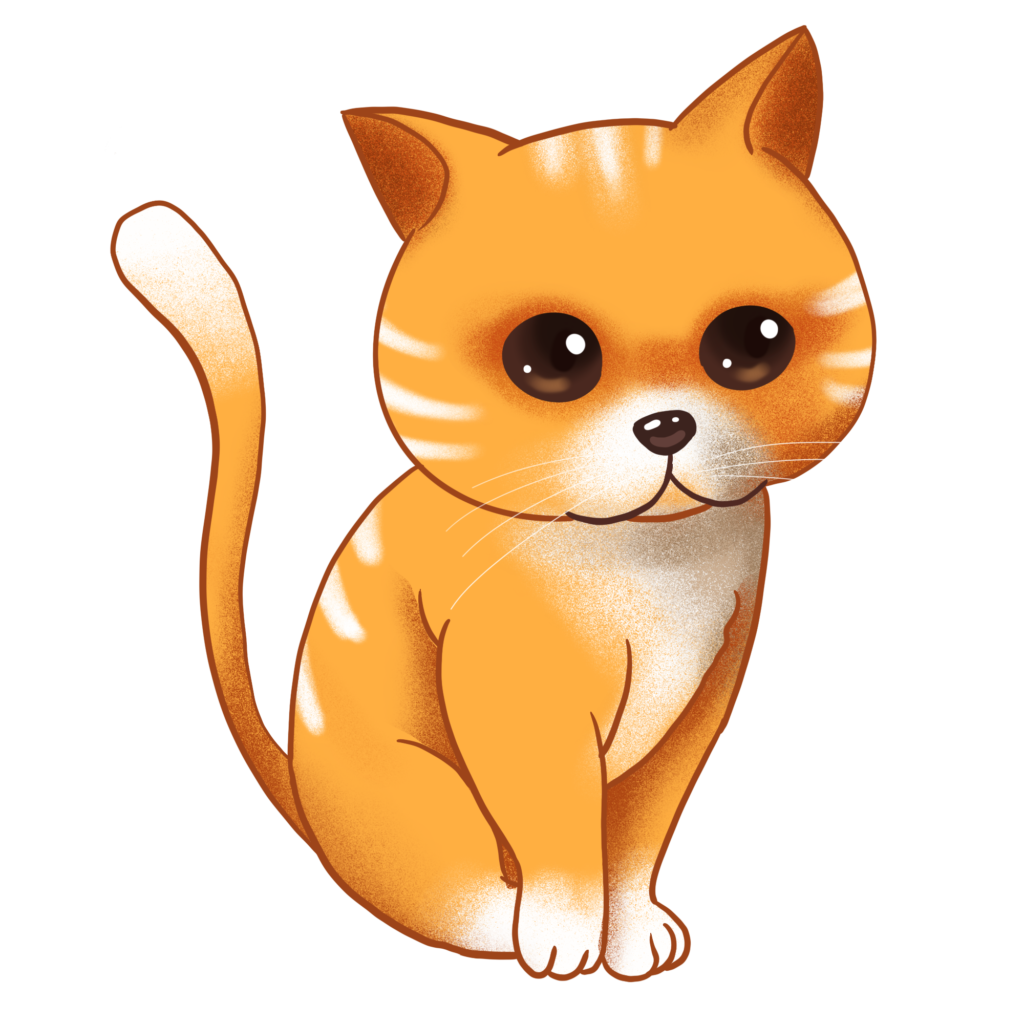When Chai, a beloved five-year-old cat died in 2017, there was nothing her owner, Kelly Anderson, could do. Or so she thought.
But then Anderson remembered hearing about Texas-based ViaGen Pets, a company that clones pets. The next morning, she called them.

Some $25,000 and five years later, Anderson—a 32-year-old dog trainer from Austin—has a six-month-old carbon copy of Chai curled up in her lap. Belle looks exactly like Chai did, down to her deep-blue eyes and fluffy white coat. The two cats share a couple of funny habits, but that’s where the similarities end, Anderson said.
VOCABULARY: Carbon copy, curled up, fluffy
Although clones carry the same genetic material, they do not have the same memories and experiences as the original creatures. It’s a bit like resetting a phone: While the model and technology are one and the same, all the data has been wiped out.
Anderson is part of a growing group of people paying a small fortune to clone their pets. But while scientific advancement has allowed the practice to become more commercial, the procedure itself raises ethical dilemmas, experts say.
VOCABULARY: Clones, creatures, a bit, resetting, wiped out, small fortune, allowed, raises, ethical, dilemmas
One problem is that cloning does not have a 100% success rate. Not all pregnancies will be fruitful, and not all cells will be viable, which means several replacement mothers and egg donor animals may be used in the process.
Because cloning is not a natural process, there can be abnormalities that lead to miscarriages or death just after birth. 
“People think, ‘Oh, I’ll just press a button and out will come Fido,’ but that’s just not the case,” said Robert Klitzman, director of the masters of bioethics program at Columbia University. “So you may love Fido, but do you really want several animals to die and suffer in order to have the one healthy Fido?”
VOCABULARY: donor, fruitful, abnormalities, miscarriages, button, bioethics
Losing a pet can be horrible, but cloning “may not allow one to process the grief and to then develop a relationship with another being,” Klitzman also said. And thinking of the clone as a replacement puts an unfair expectation on the new animal, he added.
But Anderson said she never expected Belle to be a Chai 2.0.
“I’ve always told people that I cloned not because I wanted to bring my cat back to life, but because I wanted to carry on a piece of her, and I think it’s definitely really comforting to have that in Belle,” Anderson said.
VOCABULARY: horrible, grief, unfair, expectation, comforting
QUESTIONS:
Write a 50 word response to each of these questions:
- Do you think it will be possible to clone people in the future? What would the advantages and disadvantages of this be?
- Why might humans choose to use a donor or surrogate instead of giving birth in the usual way?
- What do you think of Anderson’s decision?
- Do you think that cloning any living organism is ethical? Why or Why not?
Notes: Please remember the following.
- Use the correct punctuation
- Capital letters where required
- Use at least two examples of the perfect progressive tenses
- Use at least one superlative
- Use at least one comparative

